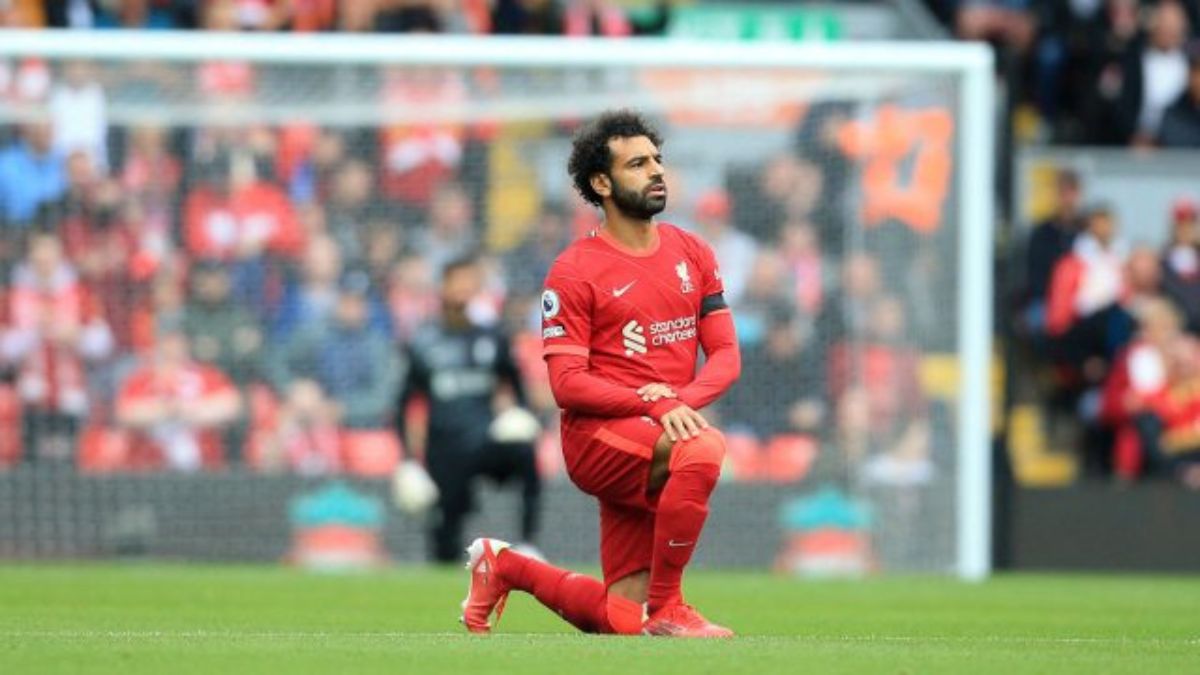
Premier League players won’t ‘take the knee’ anymore
The Premier League has said that players will only take the knee at “significant” times throughout the season. Instead of before every game.
Prior to kickoff, players began to kneel more frequently before Premier League games starting in the 2019–20 season.
The act of kneeling was first made famous by NFL player Colin Kaepernick in 2016. It has become increasingly popular in the UK since George Floyd’s death as a result of police brutality.
However, reservations have been voiced recently about the message it conveys. Wilfried Zaha was adamant that he would no longer take the knee. This was because he felt it was “degrading” at the start of 2021.
Swansea City said last week that none of its staff members or players would be taking part at the beginning of the new season.
Russell Martin, the team’s manager, cited the way in which the authorities responded to last season’s abuse by Liverpool loanee Rhys Williams to say that the players “feeling terribly let down.” And also that kneeling “had very little meaning” as a result.
Premier League players won’t be ‘taking a knee’ before every game
The Premier League has now agreed that clubs will only take the knee during certain times in 2022–2023 rather than before every game.
The decision also comes after many English fans called for it to end. According to them, the event is more political rather than social.
This covers the season’s opening and ending contests. the No Room for Racism-themed contests in October and November, Boxing Day contests, and the FA Cup and League Cup championship matches.
A statement from the Premier League captains confirms that now the players would only be kneeling before significant events. And they will continue to show solidarity and commitment to eradicating racial prejudice. These efforts are to bring about an inclusive society of mutual respect and equality for all.
